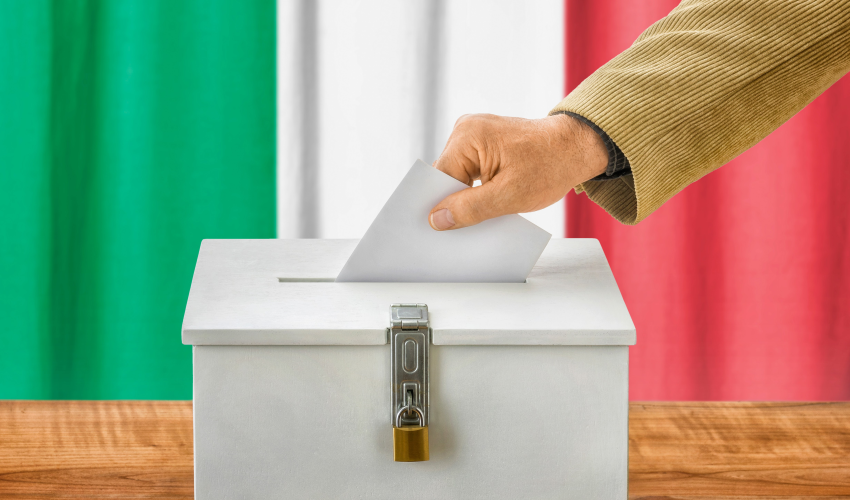
How Voter Turnout Varies, and Why
TO UNDERSTAND IT BETTER REQUIRES STUDYING THE RELATIONSHIP BETWEEN THE DISTRIBUTION OF VOTES AND THE OVERALL DISTRIBUTUION OF POWER, AS MASSIMO MORELLI, SALVATORE NUNNARI AND HELIOS HERRERA EXPLAIN IN A PAPERTurnout at Italy’s runoff elections in June 2017 was 46%, with a minimum of 38% and a maximum of 65%. What is the reason for this variance? In a majoritarian voting system, it depends almost entirely on the degree of ex-ante competitiveness perceived by voters. The incentive to vote is obviously greater when a runoff election is perceived as extremely uncertain. The variance is much smaller in a proportional voting system. Massimo Morelli, Salvatore Nunnari and Helios Herrera have addressed the subject in the theoretical paper Turnout Across Democracies. Unlike other scholars that attribute different levels of turnout to electorate rules or moral factors, the authors take into account the influence of the institutional system. Citizens are incentivized to participate when they think that their vote will have an impact on public policy
“Mapping from how votes are distributed to how seats are distributed is not enough”, Morelli says. “We explore the influence of mappings from how votes are distributed to how power is shared, taking into account committee chair assignments and all other institutions determining the power of majority and minorities. A voter is incentivized to go to the polling station and vote for a minority party if he thinks that this minority will find a way to influence policymaking”. A more proportional electoral system does not provide necessarily more incentives. The power sharing system interacts with the level of competitiveness of each election. Turnout may be higher in majoritarian system than in a proportional system if a small margin of victory is expected. “Yet when the expected margin is large enough, a less proportional power sharing system gives less incentives for citizens to vote compared to a more proportional power sharing system”.
Read more about this topic:
Francesco Giavazzi. Elections: How and Why a Direction Is To Be Taken
Vincenzo Galasso. Experts and loyalists are the candidates that get onto the electoral lists
Marco Percoco. How tv news reporting affects voter decisions
Tommaso Nannicini. How the choice of candidates changes under different electoral systems
Francesco Passarelli. The psychology of voting and protesting
Guido Tabellini. why extremist parties do not win runoff elections
by Claudio Todesco
